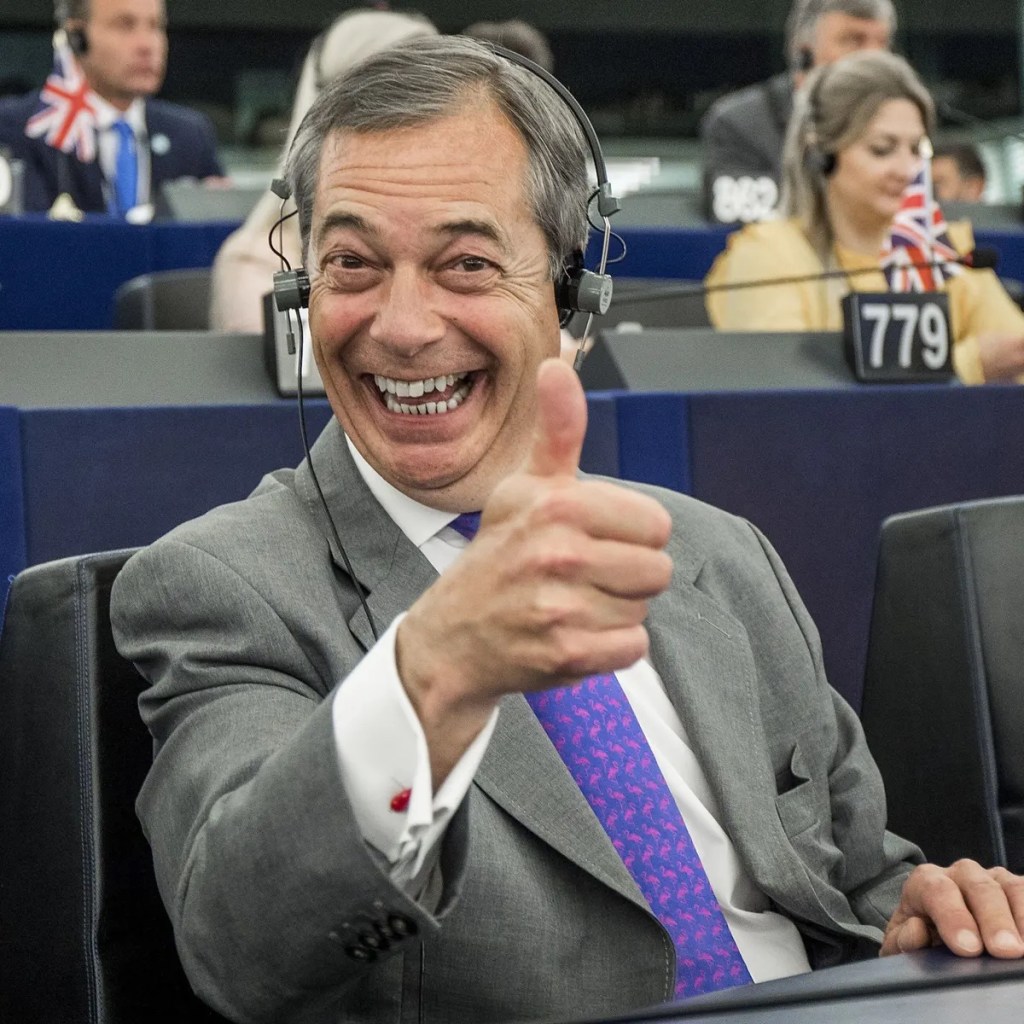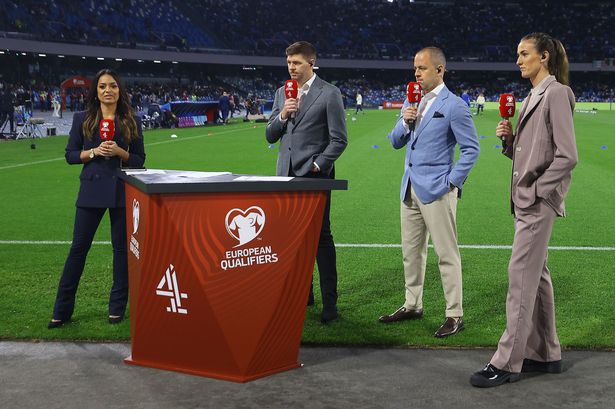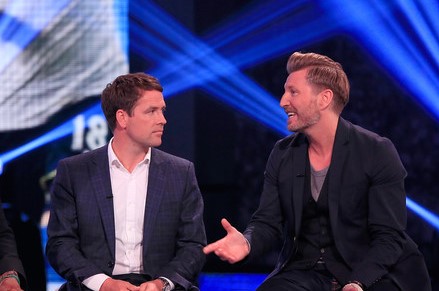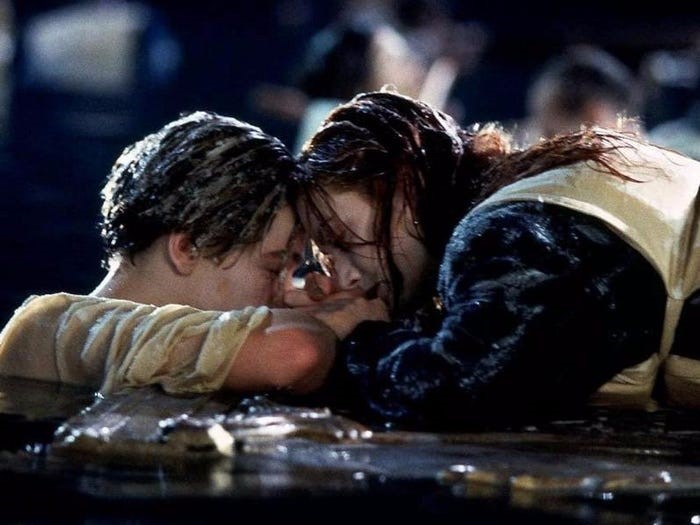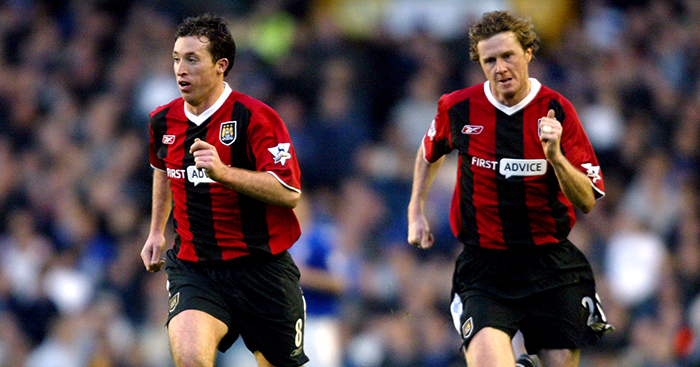Just when you think you’ve seen everything, Danny Baker goes and makes a coherent and interesting point:
VAR is football’s own Brexit. Everyone in the game knows it’s a turkey, a honking costly disaster but those who lobbied for it will say anything rather than admit they have fucked up and go back.
The suds-flogger is spot on. VAR is truly dreadful. If football was improved fifteen per cent by the introduction of the back-pass rule, VAR has reduced it by at least twenty. Like Brexit, you curse those who knew what they were doing and pity those taken in by it. It has that same irreversible feel, too. Another shitty decision that has needlessly worsened things.
————
Also like Brexit, VAR came about through a small, self-interested body shadow-boxing itself in the mirror. In this instance our wayward pugilist wasn’t the parliamentary Conservative Party, it was the televised media, who insisted again and again that football was somehow broken; that this game watched by, what is it, two billion people was somehow in need of repair. God only knows who Sky thought was being left on the table in terms of viewership. Perhaps some of the more remote Inuit tribes weren’t tuning in to Monday Night Football with sufficient regularity.
But show enough replays over enough years, highlighting every small error with a level of outrage ordinarily reserved for Leonardo DiCaprio’s choice of girlfriends, and eventually the pressure on football’s governing bodies becomes too great. Of course VAR is necessary. You’re left wondering how we lived without it for 160 years. So now, here we are, in this new world of anxious waits and failed goal celebrations.
————
Football, if it has a beauty, is the exceptional beauty of the without. For ninety long minutes, almost no-one scores. An hour and a half passes and the decisive thing just doesn’t happen very much. Sometimes it doesn’t happen at all. As with Sting and Trudy, the attraction is in the denial. You wait an interminably long period then, boom, Harvey Barnes finally connects with one from close quarters. And, by jimminy, it’s like the first time you saw Baby One More Time on MTV. An absolute pandemonium of emotion. Tears, joy, a nagging feeling that something this good might not even be legal. Better than sex? Abso-lutely my friend, did you not see Yeboah’s goal against Wimbledon?
If that emotion is the cherished part of the game, it really cannot be tampered with. Never mind re-writing Roald Dahl, sling your privatisation of Channel 4, this is cultural vandalism up there with putting the Turin Shroud down as a base layer if you’ve brought a squirter back to your bedroom. It simply isn’t acceptable to ask people to wait seventy minutes for something to happen and then, when it finally does happen, have them wait another four minutes while some Herbert in a room forty miles away decides if they can go bananas. Why are we engaging in this bizarre act of human buffering precisely at the point we’ve reached the money shot? It’s a goal, not a Beef Wellington; it doesn’t need to rest for five minutes.
————
Sepp Blatter wasn’t right about many things but he was spot on about video refereeing. When his lips weren’t glued to a hose steeped in football’s petrol tank, Blatter was fond of saying “the game’s the same wherever it’s played”. And he’s right. Absent minor modifications for children, and allowing for skill levels, an eleven-a-side game of football is the exact same whether you’re at the Parc de Princes or simply the park. Until recently, it was refereed the same way too.
Perhaps conscious of his own shortcomings, Blatter was completely comfortable with the idea that referees make mistakes. He looked past the microwave meals-for-one, the extensive Dungeons & Dragons collections, and saw that referees were human; saw some big trusting eyes and a few wobbly lips and said to them: “it’s okay if you balls a few up today lads”. Nobody goes to a game of football expecting to see twenty-two flawless performances. Why would you expect any different from the twenty-third? It’s just plain odd to be actively cheering on Tyrone Mings and in the same breath unable to accept the concept of human error.
————
My favourite competition at the moment is the League Cup. Give me the three-handled cup over the clanking, shopworn, weekend-blocker that is the FA Cup any day of the week. The League Cup’s at the front end of the season, so it doesn’t get in the way of anything else. All the youth players and new signings are given free rein to make a name for themselves, and teams always properly go for it because, well, who cares, it’s the League Cup. It makes for cracking games. And like Steve Jobs when he lubed you up with the iPod before slipping you the full length of the iPhone, the League Cup’s just gone and got even better. They didn’t introduce VAR for it! It’s incomparably beautiful. A goal goes in and the referee decides there and then whether it counts. Sounds simple doesn’t it? Watch any League Cup game and it’s difficult to conclude that what’s missing is Neil Swarbrick on Line One.
————
So well done Danny Baker. An excellent analogy. Mind you, having hit on the resemblance, equally well done for missing the yawning great logical conclusion stemming from it; one that might even rid us of VAR entirely. Baker’s actually struck oil here but just seems to think the gushing black fountain makes for a nice water feature.
The problem with Brexit, as other commentators have possibly already touched upon, is the general public was asked to make a decision on acutely complex issues of international trade. Tariffs. Restrictions. Regulated activity. Common agricultural policies. It was beyond most of us. Some things call for the voice of democracy, sure, but some things are sensibly left to the keen eye of the technocrat.
By contrast, if referendums are for anything, then a topic as tangible as the enjoyment of the national game is just about the most suitable I can think of. The bloke in the pub with an opinion on everything and the common sense of a pickled egg has every right to a view on this. And a perfectly good one too, because football, like any sport, isn’t about how you think but how it makes you feel. It’s not technical and it’s not complicated. It’s the sensation you experience when a leather ball goes into a set of goals. Let the people decide if they want video refereeing to impact that.
————
Everyone loses their way occasionally. They changed the flavour of Coke once and it nearly foreclosed America’s century of dominance. The Royal Mail’s crack at rebranding proved so unpopular that its own trade union refused to use the new name. It takes courage to say things are fine as they are, but sometimes they really are. It’s actually rather unsettling that a small cabal of unelected officials is even allowed to change such fundamental concepts of the game of football, as though they’re tinkering with nothing more substantial than a two-stroke engine in the garage. If there’s anything a nascent footballing regulator ought to be protecting us against, it’s this.
So fasten your seatbelts, UK, I think I speak for all of us when I say the nation’s ready for another era-defining referendum. Let’s use direct democracy for a faintly sensible purpose for once. The damage is already done here anyway, there’s only upside to this vote. People are tired of experts and Stockley Park is infringing on our sovereignty. It’s time to take back control.
You can follow Too Good for the English Game on Twitter (@_SonnyPike) or subscribe by clicking the “Follow” button on this page.
